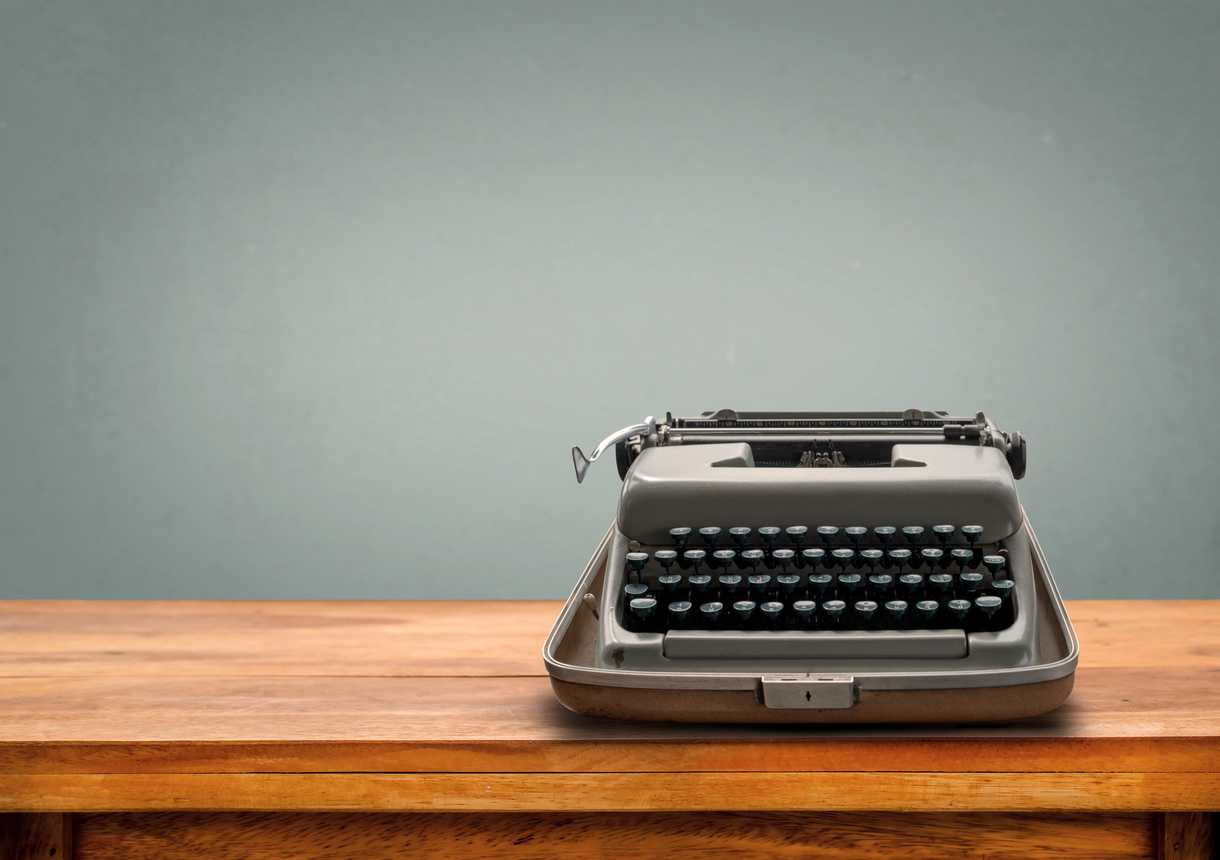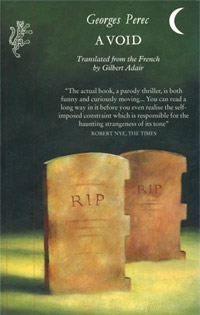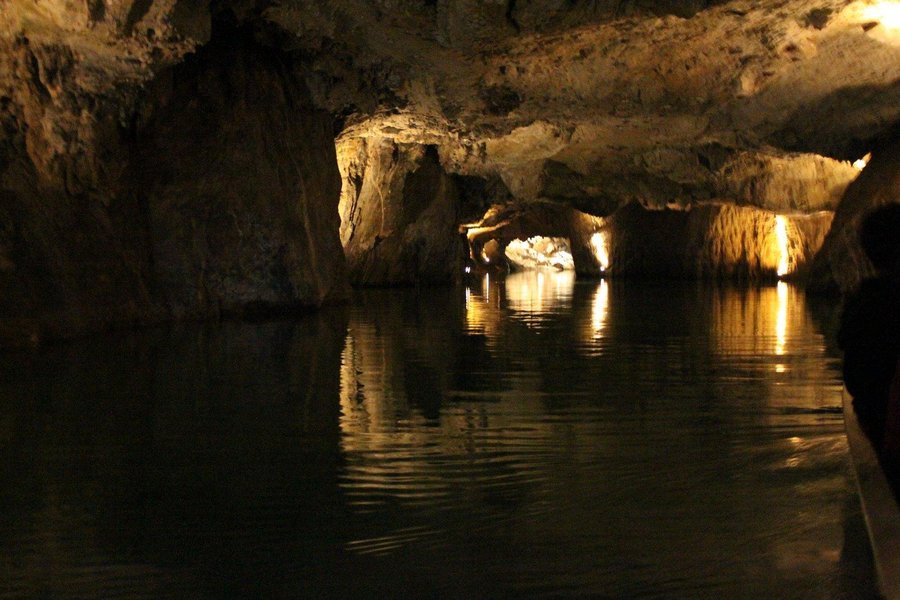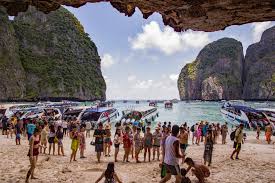I haven’t posted in a while, but here are a handful of poems I have written:
1.
50 minutes. the not-quite-full-moon teasing the sky. an oreo’s faultlined, crumbling coast. the way you wake in the night sweaty, sit up and lose the oily tail of a dream, sheets of rain thrown in handfuls on the roof outside your window, the sky a sickly grey orange. if you could only hold it, if the hour hadn’t already chosen sides, partial, hadn’t made its move away, again and again away. tomorrow another lick of the sucker, another partially wrapped sweet, another tooth throbbing with love for all that would destroy it. just past the hour.
2.
[a “radically edited” poem in the style of Annie Dillard’s Mornings Like This. All lines have been culled from the book Diana Wynne Jones: Children’s Literature and the Fantastic Tradition, by Farah Mendelsohn]
The playground
Begin with a simple arrangement of notes:
a small band of previously neat children.
Expand to produce apparently endless variations.
Think this through. You want to get from A to B —
that kills it dead. Survey conditions in the real world,
hints and clues — they will not follow the rules.
Adults are very rarely directly cruel.
Thinking and rethinking, we give ourselves
unnecessary problems. Local changes of season
are cosmic in origin; naked and covered in mud,
we ride invisible seismic quivers.
3.
October. Ceaseless rain. Roads impassible, low-lying
homes underwater. Drizzly morning paddling round the village
in a soft-wood dugout. Bags of snacks float by, bloated
carcass of a drowned cow. The corner store — lower floor
of a house — is shoulder deep, shelving fallen. Wicker baskets
and plastic toys hang in clumps from the ceiling.
Days are grey, diffuse, light evenly spread.
Nights cluster around thin paraffin tapers. Sans electricity,
upstairs mattress too hot for comfort; downstairs hammock
less clammy, more fetal. I curl and sweat, read against
the shadows on the wall. Steady drum of rain on roof.
In the night, respite.
Doze disturbed when the pounding water stops. The conductor’s
baton waves: Rain down, frogs up. Shrill cries and raspy bass croak
pass through concrete walls like rice paper. So loud the sound
seems to have no outward source, to be a product of brain and
skull and timpani. I am the frog, the croak, the high-
pitched trill. One voice among many, I cry for love, despite the heron’s
hunger. Now I am all longing, all rasp. When the rain begins again
I will quiet, rest. Write letters, swathed in netting. My tongue darts
forth silently as the mosquitos gather.
4. Sestina
We had hoped that once we arrived there
everything would be bright, the windows open,
People in the streets would greet us, as is,
accept me for myself, you for your
grace, would ignore our flaws, let nothing
bother them. We’d have it all in hand.
And then we were there, and every hand
was closed to us; no one there
wished us well, they gave us nothing
we had not brought ourselves. “Open
Sesame!” we exclaimed. You turned your
key in the lock. It jammed. It is
The light hairs stand out on the back of your hand;
your friends aren’t answering their phones.
We thought of home. Why did we leave there?
Had you left the kitchen window open?
Had I forgotten to turn off the lights? Nothing in memory seemed stable; nothing
in the present could be counted on to be what it is.
At your 10th birthday party you tore open
your gift, razor-thin paper cut your hand.
You froze with pain, a line of blood rose there
and then your mother came with a towel, your father with a bandage. What was your
gift? Forgotten now. Nothing
stable in your memory. Nothing adheres, here or there,
it all works loose, an old bandaid is
sticking to itself, flopping off your hand,
and you think, it’s ok, you openthe sticky sides; the cut re-opens.
bleeds down your
hand:
you feel nothing
but relief. The angry red is
still there. The sign says open; you pull but there
is no give to the door. Your arm is
tired, your hand sore. Inside the store? Nothing.
5. evenings when the enemy sun had dropped
into the mountains’ corner pocket he’d walk
the roads that shimmered angry pale red
during the day, raised wounds against the neon
>of the paddies, now bruised maroon shadows.
The monkeys on the jungled hill
beside the school lapsed into silence.
a motorcycle’s lone headlight in the distance.
He’d leave behind the ugly electric glow
of the school, each pole its own insectile
snowstorm, let his eyes adjust. the cows heading
home from pasture negatives against the night,
blackness against the lower dark, shading
through the spectrum of blues into the sky
where Venus glinted. He’d circle the hill,
stand on the road just in range of the caves’
ammonia stink. Hold out his arms and wait.
The first few bats would zoom past, then the flood —
a horizontal rainstorm, waterfall, small hot
hands of darkness pouring from the cave.
Freed into the night, they’d bob and dance.
He imagined himself the nucleus of some
unknown element, these barely seen, hardly-
felt beings a cloud of electrons. The image
was apt but false, he knew; what drew him there
sheer indifference in flight. When the cloud
dispersed he’d return home. Shut himself
inside its concrete walls, circle his bed with
a line of “Miracle Insecticide Chalk,” and
hope that nature’s indifference would hold
til morning.
of the mutt, the geometric browns and blue flash
of the female mallard. The mud-legged sheep lowing<
in the field. Why, then, do we find ourselves so ugly?
Does the mere fact of belonging, existence inside the sausage
factory of humanity, mean that we can’t help but see
ourselves, each other, as broken, faded, ravaged
by time? Do the cats and dogs with whom we accessorize
our lives see each of us as beautiful, as a lovely
new pet deserving coddling, treats, the finest tail swipes
and licks they can provide? Or perhaps we are more like
maltreated monkeys in the great laboratory of culture,
mangy, starved or fattened, sallowed by nicotine or reddened
by alcohol, oversunned, underexercised, or surgeried
and injected to maintain a youthful gloss. What oversight
board would approve this experiment? Outside our cages,
the orange-chested robins chutter and the jays cry out.
The squirrels groom their catkin tails. It’s spring, and down
the road they have opened the barn door. It will take
the cows a while to realize they can wander out
time they like.
7. The book I’ll never write
is packed full of love action dramaand pain, gothic ruins. In it the past
is never just the past, the way in every
mystery novel the kernel of the story
is never the current crime, always a different
one hiding beneath it in the past, the
story of the book is the story of
the past growing inside the present like
a cyst inside a tooth, the spot of red
on the surface just a teasing hint of
the rot beneath, or not rot exactly
but the growth of tissue inside
the seemingly implacable surface.
The tooth destroys itself.
They pull it out and dig out the root,
screw in an anchor and glue
a veneer in place, the detective
solves the mystery, the crimes of the
past uprooted and sealed over
in the moment of the story.
The book I’ll never write resolves
things nicely, ties up all the loose
ends and lets the past remain the
past, settles the ghosts, the ruins
collapse and the young couple
walk away, restored, into the sunlight,
the villains punished. The history
of the mouth effaced, surfacing
only in the x-rays the surgeons use
before they dig again.



